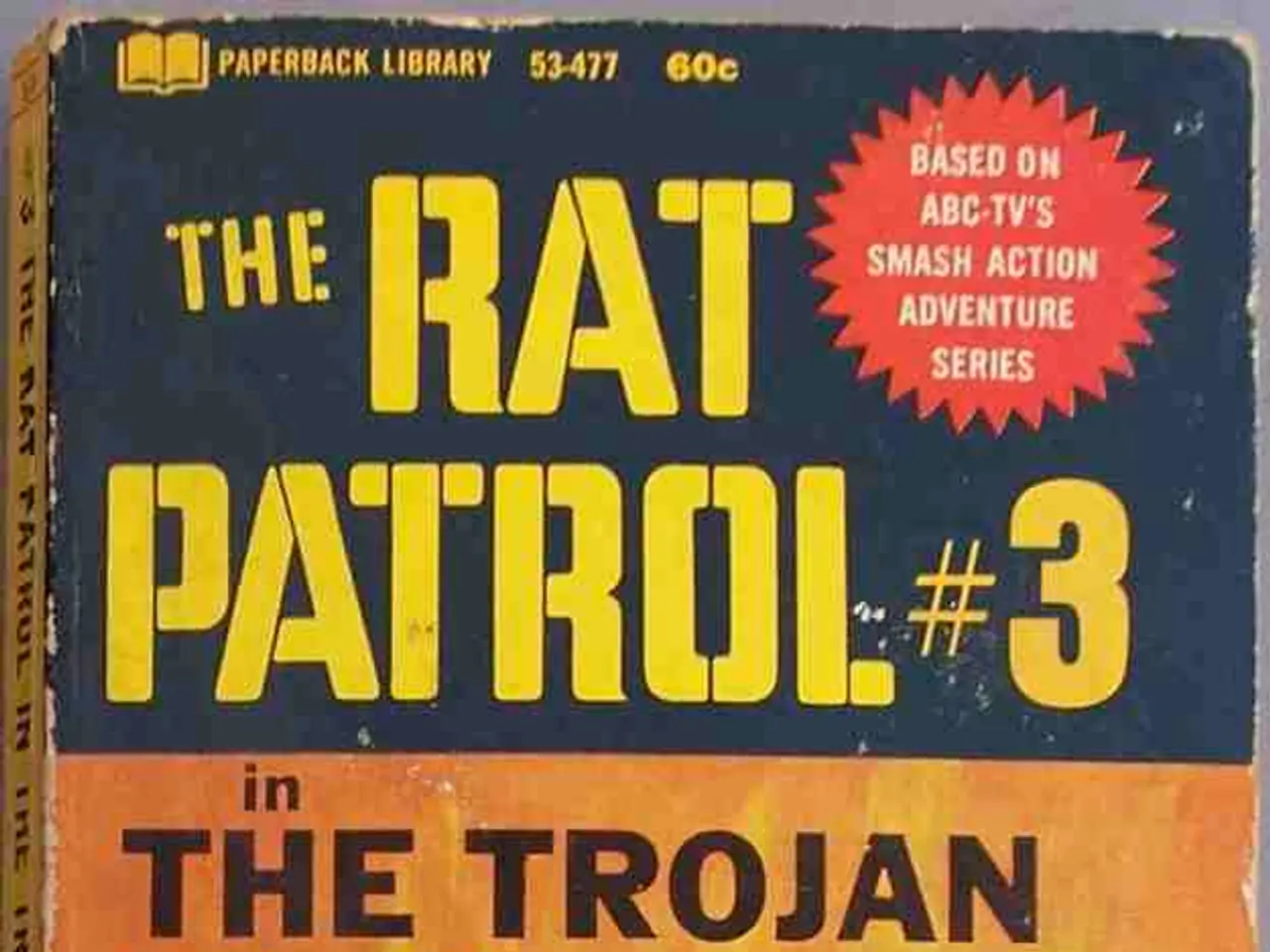Israeli Prime Minister Netanyahu claims significant victory against the Houthis following the killing of their prime minister.
In a significant development, Israel has launched a bombing attack on Yemen's capital, Sanaa, that resulted in the death of the Houthi prime minister, Ahmed Ghaleb Al Rahwi, and other senior officials. The attack, which was announced by Prime Minister Benjamin Netanyahu, was successful in targeting over 2,000km from Israel, a distance not previously on Israel's map of threats.
The Houthi leadership remains a target for Israel, despite the death of Al Rahwi and the appointment of his deputy, Mohammed Miftah, as the new prime minister. The name of the Houthi chief of the general staff, who was reportedly the main target of the bombing attack, remains undisclosed, and his current location is not clear.
The Houthis have been launching weekly missile attacks on Israel since the beginning of the Gaza war. These missile attacks rarely cause damage, but they have spooked foreign airlines and forced Israel to use precious interceptor missiles. The deaths in the attack could also affect the group internally.
The Houthi's motivation to continue attacking Israel remains unchanged, making it difficult to change their actions. The group has also attacked shipping in the Red Sea and claims their actions are in solidarity with Palestinians in Gaza. The head of the Houthis' supreme political council, Mehdi Al Mashat, has vowed revenge following the attack.
The strike on the Houthis' leadership was described as "remarkable" by Yoel Guzansky, a senior researcher at Israeli think tank INSS. Israel's public broadcaster, Kan, reported that Israel held its weekly cabinet meeting at a secure location following the attack.
It is worth noting that the attack did not appear to have killed officials who oversee attacks on Israel, such as the group's chief of staff and the defense minister. The Houthis' chief of staff and defense minister were not killed in the attack, but Israel will be looking for the chief of staff.
The editorial perspective suggests that peace, not assassinations, is the best way for Israel to guarantee its security. The Houthis are learning that there is a price to pay for targeting Israel, as they are now on the run and may face operational limitations. However, the attacks on the Houthis are unlikely to significantly hamper their missile attacks on Israel, and the Houthis' missile attacks on Israel are unlikely to be stopped by these attacks.
This development marks a significant escalation in the conflict between Israel and the Houthis, and it remains to be seen how the situation will unfold in the coming days.
Read also:
- ICE directed to enhance detention conditions following NYC immigrants' allegations of maltreatment
- Israeli finance minister issues warnings about potential annexation of West Bank territories
- United States faces rebuttal from South Africa over allegedly deceitful human rights report and assertions of land expropriation
- Accident at Rodalben Results in Injuries; Geoskop Area near Kusel Affected After Stormy Weather








